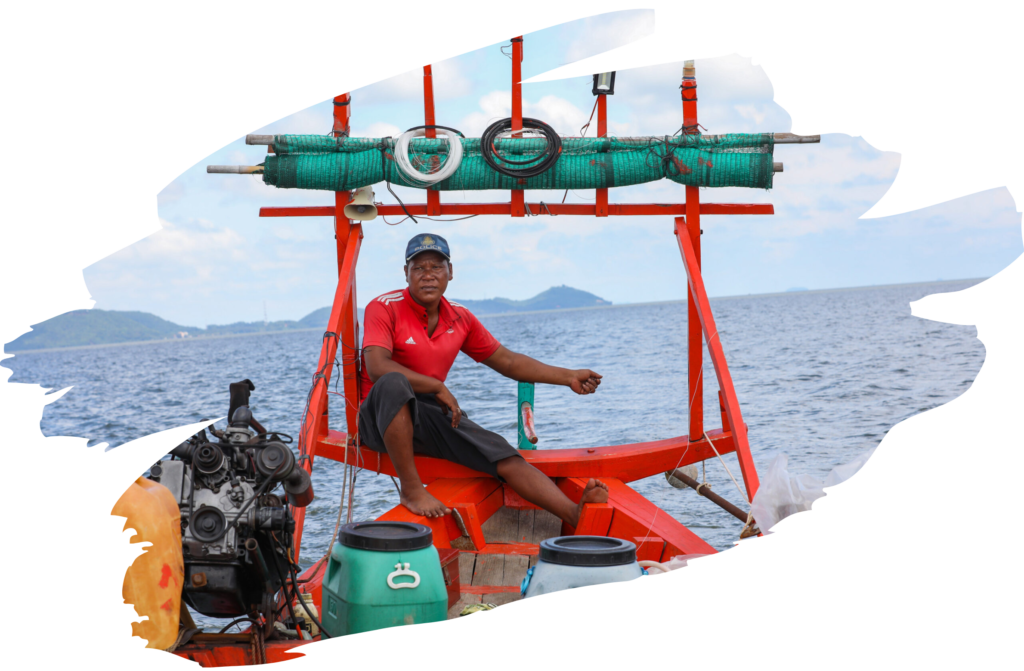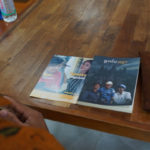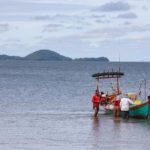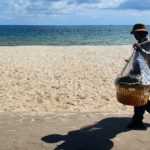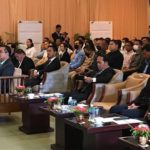CONSORTIUM FOR SUSTAINABLE ALTERNATIVES & VOICE FOR EQUITABLE DEVELOPMENT
(CO-SAVED)
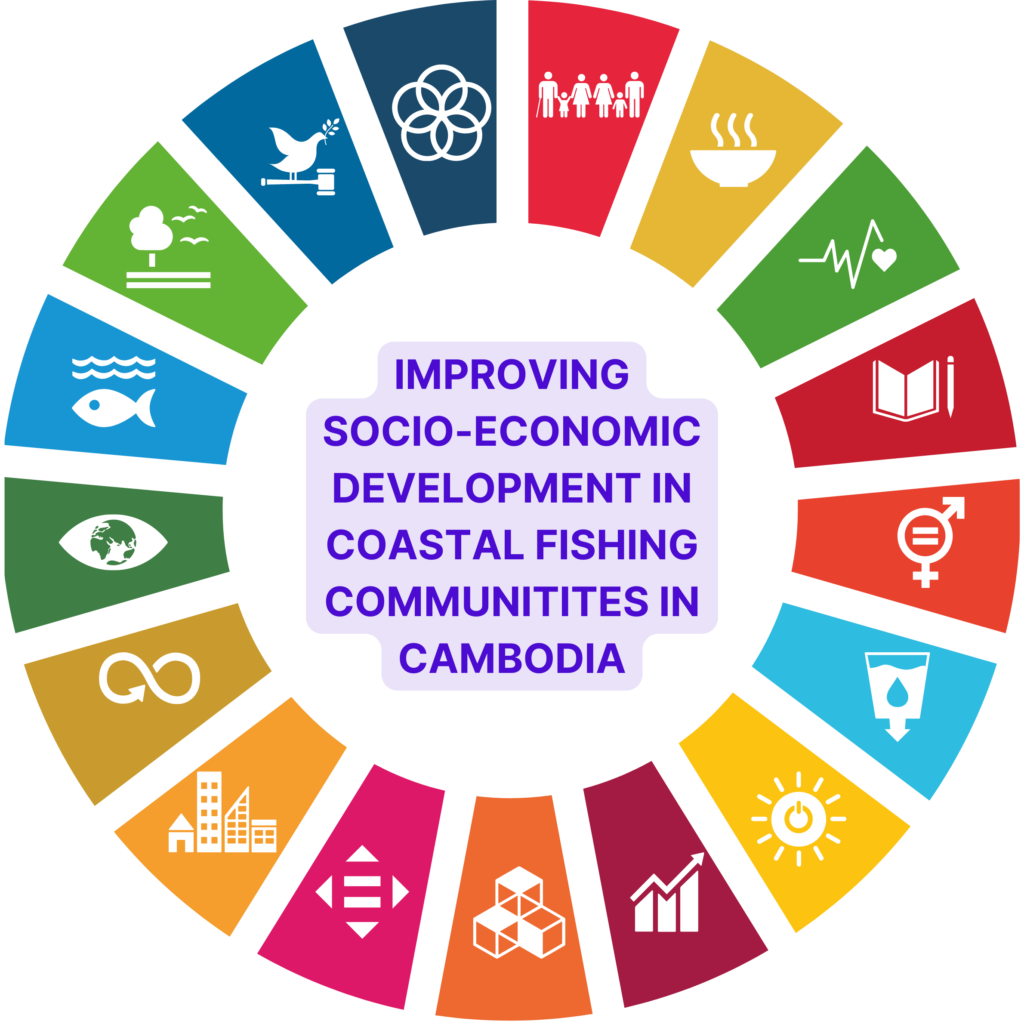
Fact Sheet
Project name: Consortium for Sustainable Alternatives and Voice for Equitable Development (CO-SAVED)
Contract Number: ACA/2020/ 421-386
Budget: €6,666,666 (of which the EU is contributing €4,000,000)
Duration: Four years
Location: Cambodia – Kampot, Kep, Koh Kong, and Preah Sihanouk provinces,
Background
Established in 2021, CO-SAVED is a four-year project committed to improving the socio-economic development of Cambodians living in coastal communities who rely heavily on fishing as their primary source of income.
A decline in fishing stocks due to increased trawling, illegal fishing activities, climate change, and population growth is impacting livelihoods. Inadequate access to water, sanitation and hygiene facilities, education and training, health and social services, energy, governance, fisheries management, and more, compounds the problem, leaving these communities stuck in a cycle of poverty without alternative livelihood options.
Project Objectives
CO-SAVED adapts a multi-partner and multi-sectoral approach to empower Cambodian citizens to form lasting partnerships to address issues related to inclusive green economic growth, quality service delivery, and sustainable livelihoods.
Focusing on vulnerable populations, our project will:
- Increase access to educational opportunities
- Increase access to clean water and affordable energy including hygienic sanitation
- Provide funding opportunities for decent, productive, and dignified work for CO-SAVED fisherfolk through eco-tourism, agri-enterprise, fish processing, inclusive livelihoods, and other small and medium enterprise initiatives
- Promote and co-finance green economy activities
- Raise awareness among coastal communities as to the importance and value of environmental conservation and protection
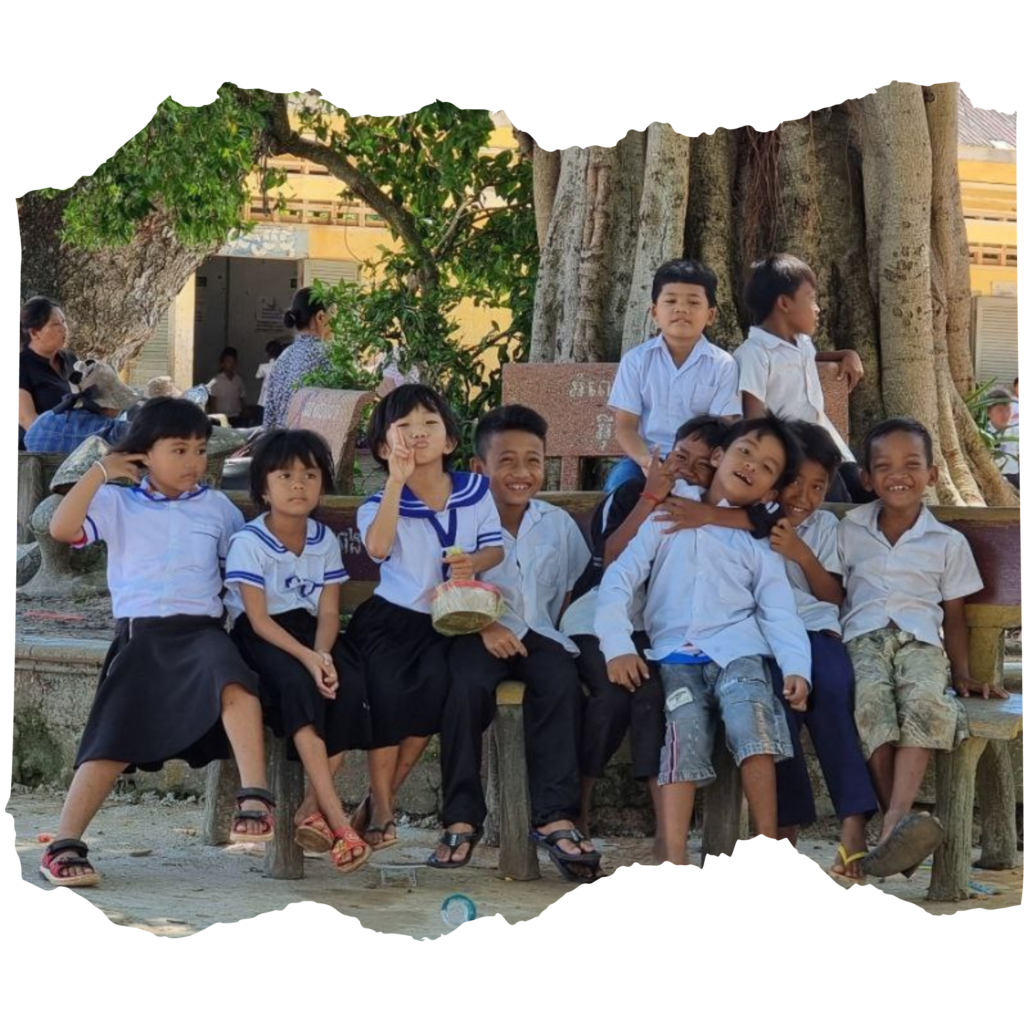
With funding from the European Union, CO-SAVED will reach 184,550 fisherfolk and 103,920 schoolchildren in Cambodia to improve their quality of life.
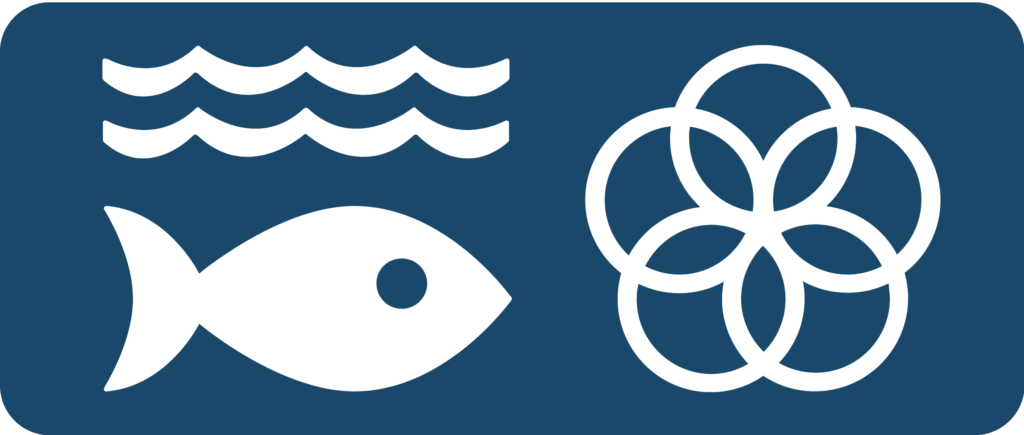
Civil society, private sector, and government actors in CO-SAVED communities partner to promote sustainable local economic development.
- Capacity among key development actors for implementing LED is enhanced.
- Capacity of local authorities, CSOs, and PSRs in governance & LED methodologies is developed.
- Capacity of PSRs and SEAs is built in business development skills.
- Capacity of local authorities, CSOs, and PSRs in governance & LED methodologies is developed.
- Partnerships, learning & governance are improved to support LED processes.
- Multi-stakeholder partnerships are established to drive LED.
- Exchange of learning identifies best practices in CO-SAVED for replication.
- Multi-stakeholder partnerships are established to drive LED.
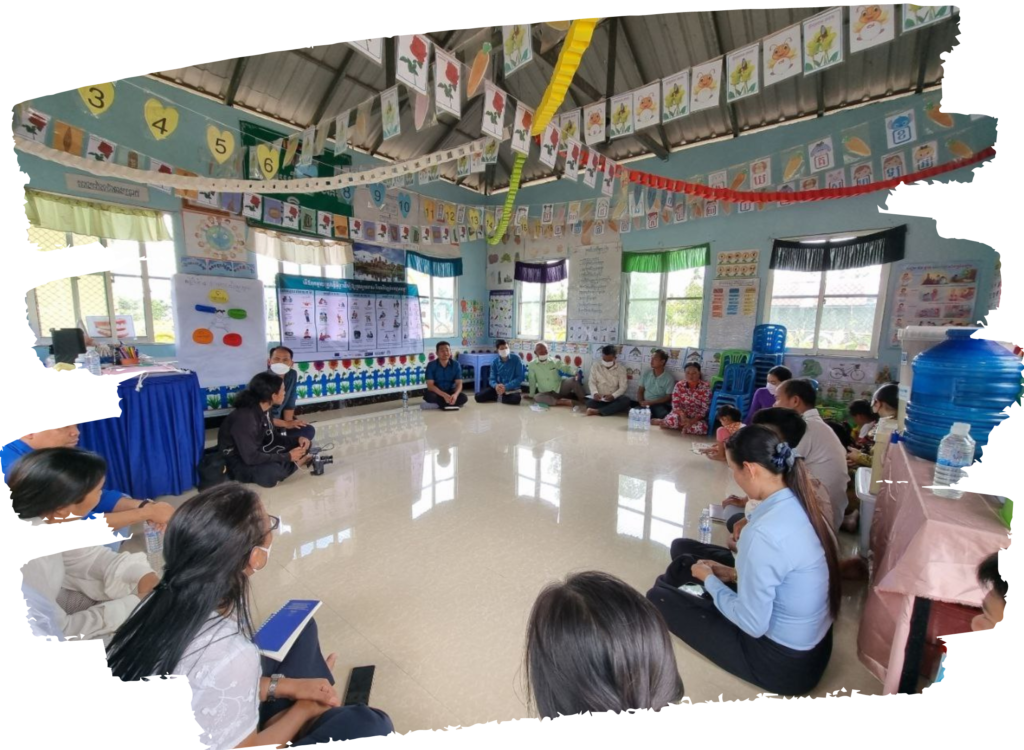
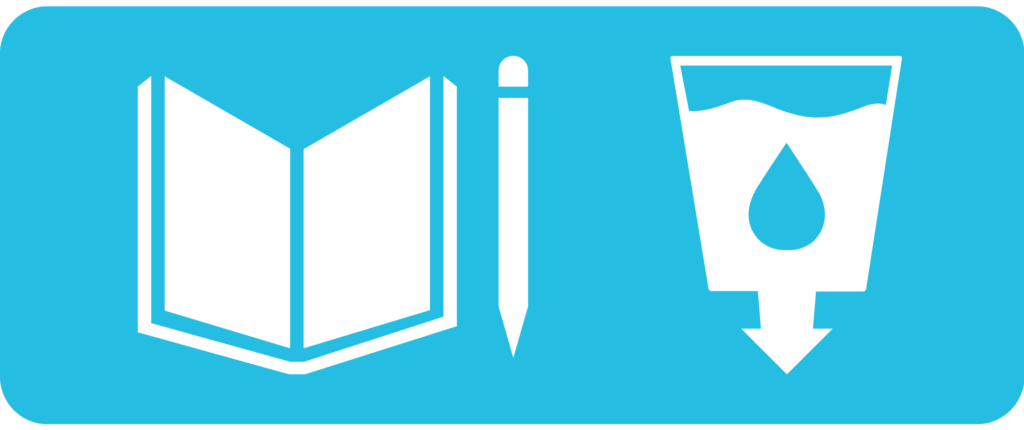
CO-SAVED communities benefit from enhanced learning opportunities for children and access to reliable water and sanitation.
- Enhanced quality and access to education increases enrolment and retention of CO-SAVED schoolchildren.
- Early childhood education systems increase learning opportunities for children.
- Access to and quality of education for CO-SAVED fisherfolk schoolchildren is improved.
- Early childhood education systems increase learning opportunities for children.
- Effective, efficient water and sanitation systems respond to the needs of CO-SAVED schools and communities.
- WASH upgrades in schools enhance quality of life for CO-SAVED children.
- Communities have access to clean water and WASH awareness.
- WASH upgrades in schools enhance quality of life for CO-SAVED children.
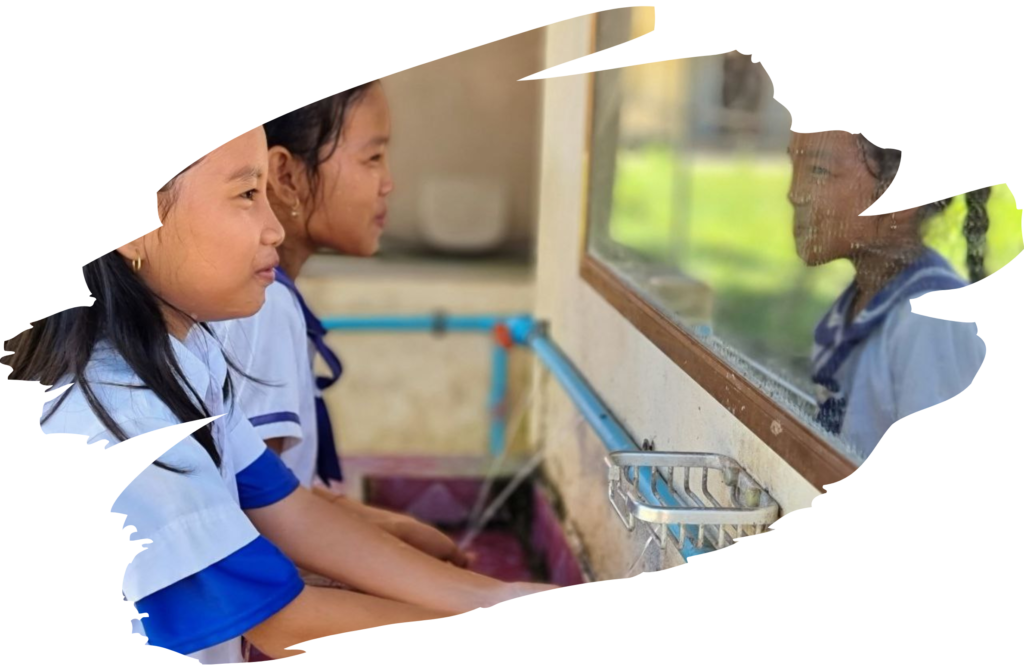
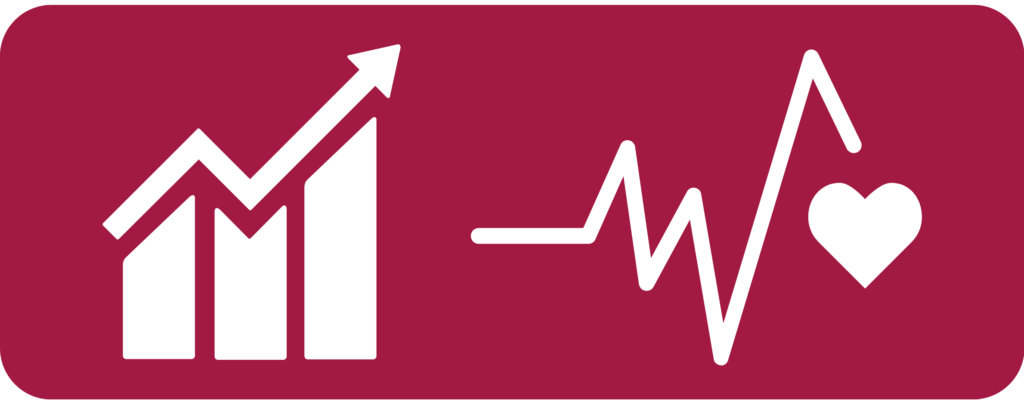
CO-SAVED communities are strengthened through inclusive, environmentally friendly economic growth.
- Productive, decent, and full employment opportunities are generated for CO-SAVED fisherfolk.
- Vulnerable groups have access to decent work (including people with disabilities, women, and minorities).
- Agri-enterprise (activities provide income for CO-SAVED fisherfolk
- Green growth initiatives improve quality of life and contribute to environmental conservation.
- Sustainable development projects improve LED.
- Hospitality and ecotourism and recreation initiatives improve local economies.
